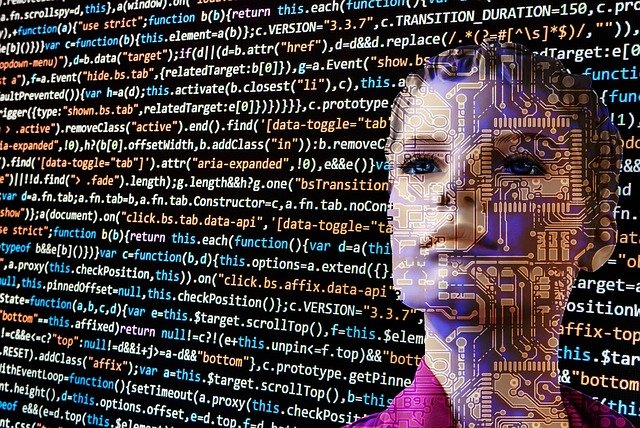Introduction
In the realm of technology, there’s a phenomenon that has been transforming industries and shaping the way we interact with machines—the fascinating world of Artificial Intelligence (AI). AI has evolved from being a mere concept to a reality that influences various aspects of our lives. This article delves into the intricacies of artificial intelligence, exploring its history, applications, ethical concerns, and the future it promises.
A Brief History of Artificial Intelligence
The origins of AI can be traced back to ancient civilizations where myths and folklore often depicted machines with human-like capabilities. However, it wasn’t until the mid-20th century that AI started to take shape as a scientific pursuit. In 1956, the term “Artificial Intelligence” was coined during the Dartmouth Workshop, marking the beginning of formal AI research.
1. The AI Winter
Despite initial enthusiasm, AI research encountered significant challenges that led to what is now known as the “AI winter.” Funding and interest dwindled due to unrealized expectations, slowing down progress for several years.
2. The Resurgence of AI
The turn of the 21st century witnessed a resurgence of AI, driven by advancements in computing power, big data, and algorithmic breakthroughs. Machine learning, a subset of AI, became a pivotal force in enabling computers to learn from data and improve their performance over time.
Applications of Artificial Intelligence
1. Healthcare
AI is revolutionizing healthcare through early disease detection, personalized treatment plans, and even robotic surgeries. Machine learning algorithms can analyze medical data with unparalleled accuracy, assisting doctors in making informed decisions.
2. Finance
In the financial sector, AI algorithms analyze market trends and predict stock fluctuations. Chatbots provide customer support, while AI-driven fraud detection systems enhance security.
3. Autonomous Vehicles
AI powers self-driving cars by processing real-time data from sensors, enabling them to navigate, make decisions, and avoid accidents.
4. Entertainment
Streaming platforms employ AI to recommend content based on user preferences. Additionally, AI-generated art and music are pushing the boundaries of creativity.
5. Education
Personalized learning experiences are facilitated by AI, adapting to students’ paces and providing targeted support.
Ethical Considerations and Challenges
1. Job Displacement
The rise of AI-driven automation raises concerns about job displacement across various industries.
2. Bias and Fairness
AI algorithms can inherit biases present in training data, potentially leading to discriminatory outcomes.
3. Privacy Concerns
The collection and utilization of vast amounts of personal data by AI systems raise questions about privacy.
The Future of AI
1. General AI
The aspiration of creating AI systems with human-like general intelligence continues to drive research.
2. Ethical AI
Efforts are being made to imbue AI systems with ethical decision-making capabilities to ensure their responsible use.
Conclusion
Artificial Intelligence stands as a testament to human innovation. Its journey from inception to the present day has been marked by challenges, triumphs, and ongoing exploration. As AI continues to shape the world, it’s imperative to approach its development and deployment with careful consideration of its ethical implications. The limitless potential of AI promises a future where machines and humans collaborate harmoniously. Read more
Frequently Asked Questions
Q1: What is Artificial Intelligence?
Artificial Intelligence refers to the development of computer systems that can perform tasks that typically require human intelligence.
Q2: How does AI learn from data?
AI employs machine learning algorithms that enable computers to learn from data patterns and improve their performance over time.
Q3: What are the ethical concerns surrounding AI?
Ethical concerns include biases in AI algorithms, job displacement, and the potential misuse of personal data.
Q4: Can AI replace human creativity?
While AI can generate art and music, human creativity remains unparalleled in its depth and complexity.
Q5: What does the future hold for AI?
The future of AI includes the pursuit of general AI, ethical advancements, and continued integration into various aspects of life.

